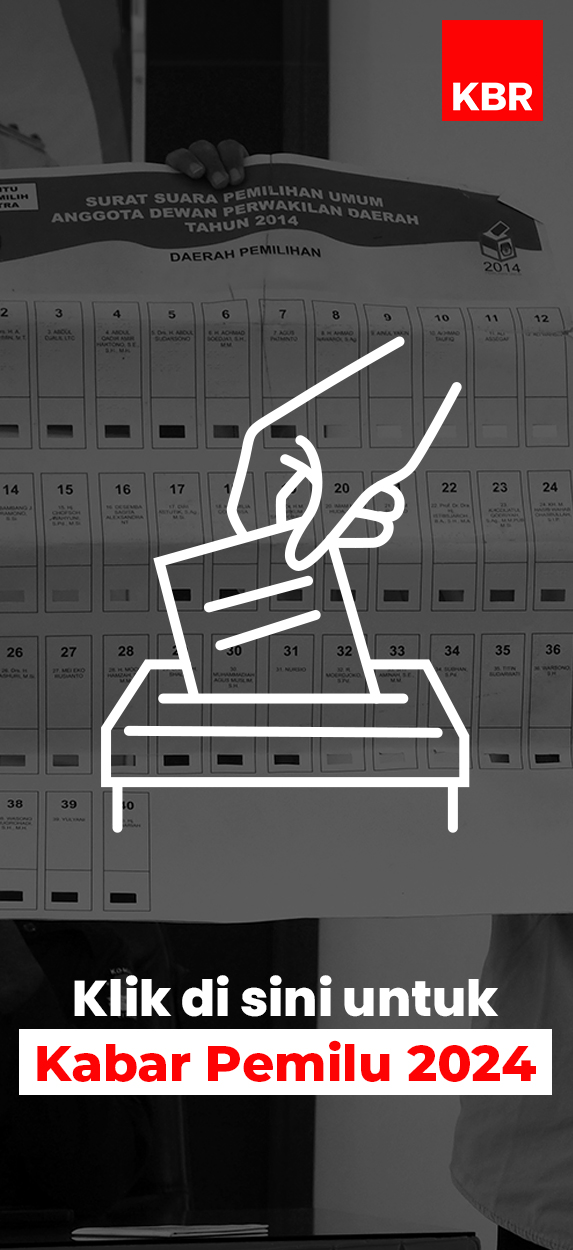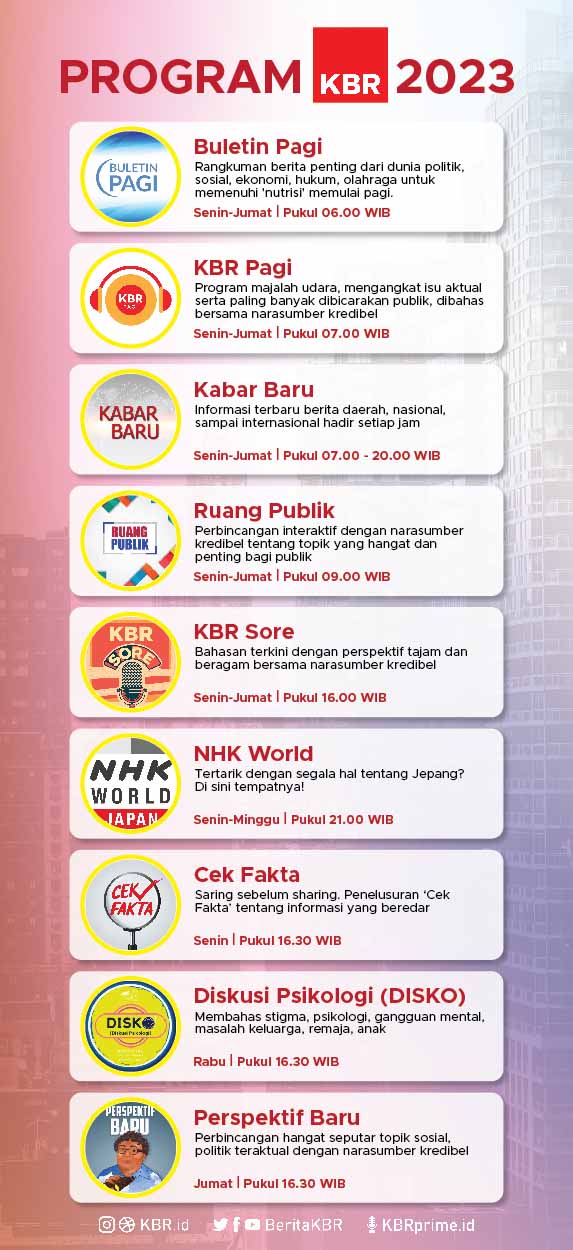Afghanistan’s TV industry is booming.
Under the Taliban TV was banned... now there are more than 50 channels.
Some TV stations broadcast imported soap operas, dancing and songs – from countries such as India, Turkey and even South Korea.
“Zaman and Efat” is the most popular soap opera in Afghanistan. It’s a love story ...made in Turkey.
The series runs every night on more than 25 TV channels across the country.
22-year-old university student Wahid Tabish is a big fan.
“It’s kind of fun for me. When you watch soap operas, you can learn a lot about life. I know that some soap operas have scenes with sex or drinking but the rest is good.”
But the ulemas, the local Muslim scholars, disagree. They’ve called for a crackdown on TV stations, claiming that some of the programmes are “immoral and un-Islamic”.
In response, President Hamid Karzai has ordered TV stations to stop broadcasting “vulgar, obscene and un-Islamic” shows, starting from this month.
“Yes, we’ve received the address from the President,” says Jalal Noorani, advisor to the Ministry of Information and Culture.
“But this doesn’t mean that we ban TV channels from broadcasting soap operas or music programs. They can still do that, but not soap operas with scenes that go against our religious beliefs, traditions or social norms.”
Under the Taliban, television was banned all together. But since they were ousted 12 years ago, the media has enjoyed significant progress.
Afghanistan now has more than 50 private TV stations, 150 radio broadcasters and around 1,000 newspapers.
International critics say the recent decision could jeopardize the country’s media freedom.
“The constitution of Afghanistan guarantees freedom of expression,” reminds Abdul Hamid Mobariz, head of the Afghan National Journalists Union.
“But the President’s decree goes against the constitution. It’s a kind of censorship and we can’t accept that. We want to avoid censorship and its revival from the past. We should stand against this decision. We believe that this is the beginning of restrictions on the media in our country.”
This isn’t the first time that the Afghan government has tried to ban popular TV soap operas. In 2009, the government ordered TV stations to take Indian soaps off the air. But none of them followed the order.
Some Afghan soap opera directors and actors say that their work might be affected by this decision. Actress Sidiqa Tamkin is hoping the restrictions will not apply to local soap operas.
“Soap operas are necessary for society because they reveal problems within society. Actors and actress need jobs too. But I’m going to continue because it’s my commitment to my people. It was banned during the Taliban period and we were attacked, but still we managed to get to this point.”
Many say that the government is pushing Afghanistan back to the Taliban era. But government advisor Jalal Noorani says they’re just protecting local values.
“It’s clear that every country has its own rules for media broadcasting. The restrictions are directed mostly at foreign soap operas from India, Turkey or other Western countries. These series show scenes that go against our religion and norms. We believe the decision will have a positive impact on society. We will take legal action against any TV stations that don’t comply with the decree.”
Award-winning director, Alka Sadat, is the producer of the hugely popular series “Bahast Khamosh” or “Silent Heaven”. It portrays the problems facing young people today, dealing with issues such as drug abuse and corruption.
Alka believes that soap operas can help audiences have a better understanding of society.
“More than 70 percent of Afghans are illiterate. They can understand their problems better from soap operas and films... whether they’re from Afghanistan, India, America or other countries. During the Taliban period, people could not watch films and soap operas but they could find them in the market. Now they want to stop it on TV, but they cannot stop the internet or the black market.”
Afghan Government Limits Foreign TV Imports
Afghanistan

Afghan soap operas, Taliban, ban on broadcast of un-Islamic TV series, Afghanistan TV
Kirim pesan ke kami
WhatsappRecent KBR Prime Podcast
Kabar Baru Jam 7
Strategi Perempuan Pengemudi Ojol Mengatasi Cuaca Ekstrem (Bag.4)
Arab Saudi Bangun Taman Hiburan Bertema Minyak di Tengah Laut
Menguji Gagasan Pangan Cawapres
Mahfud MD akan Mundur dari Menkopolhukam, Jokowi: Saya Sangat Hargai






